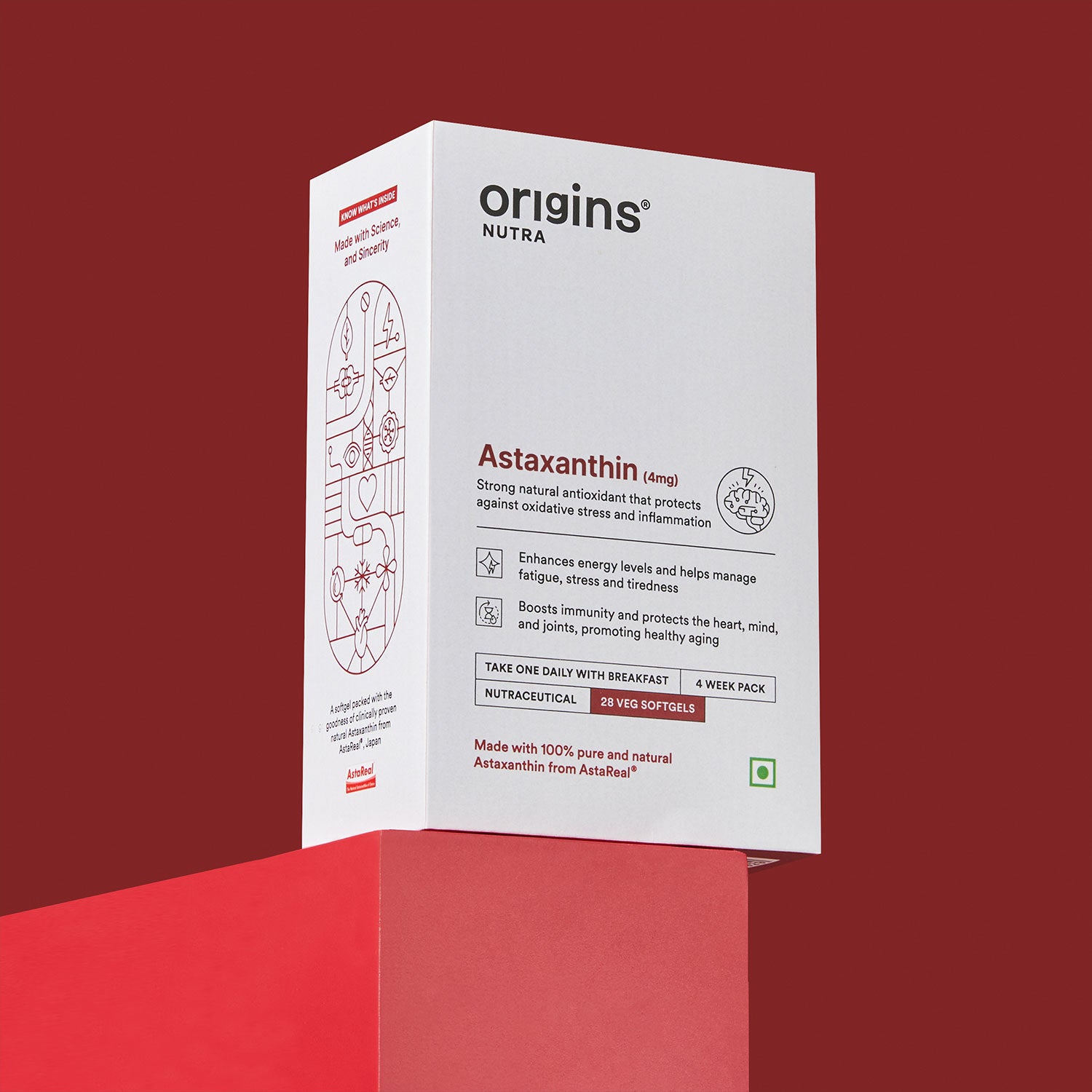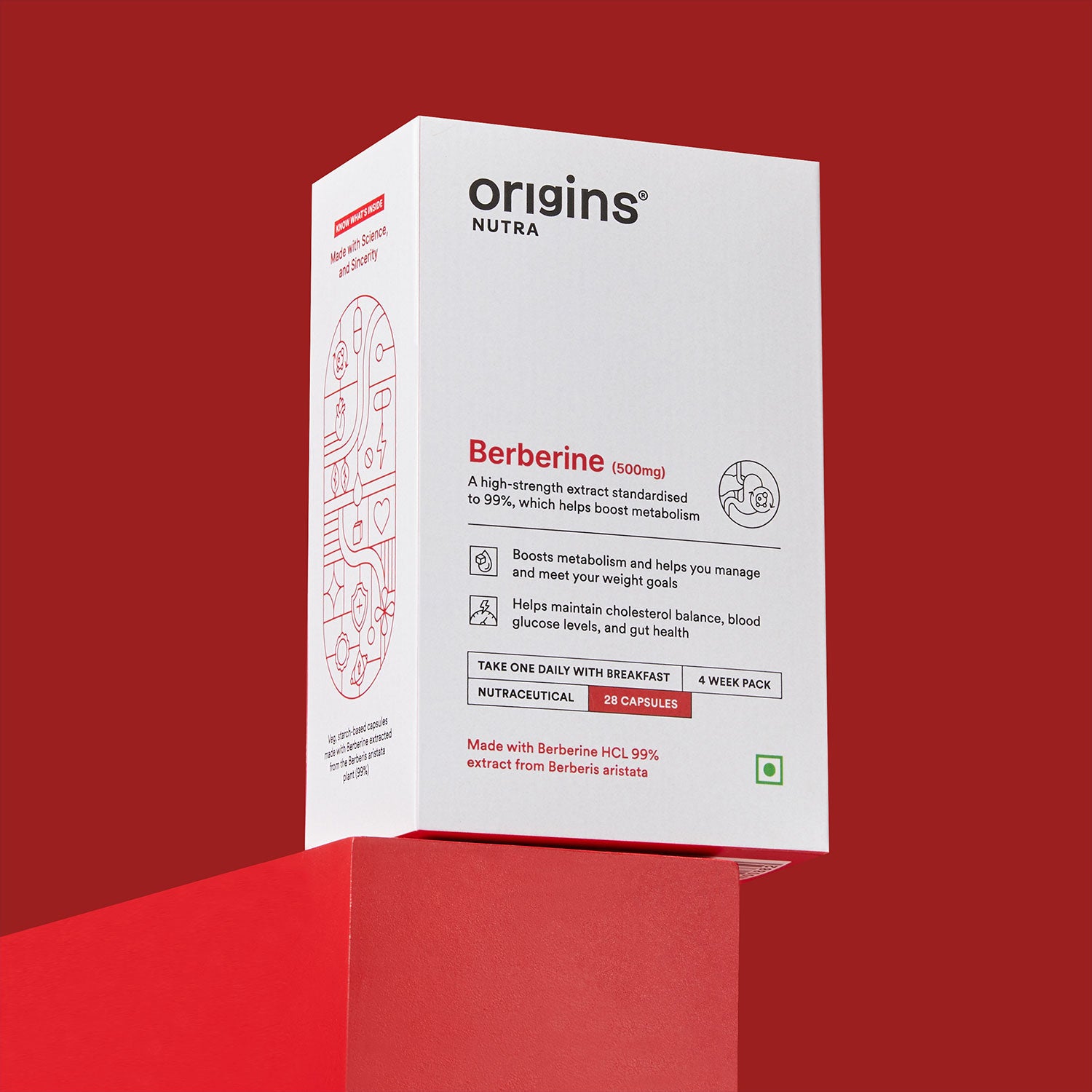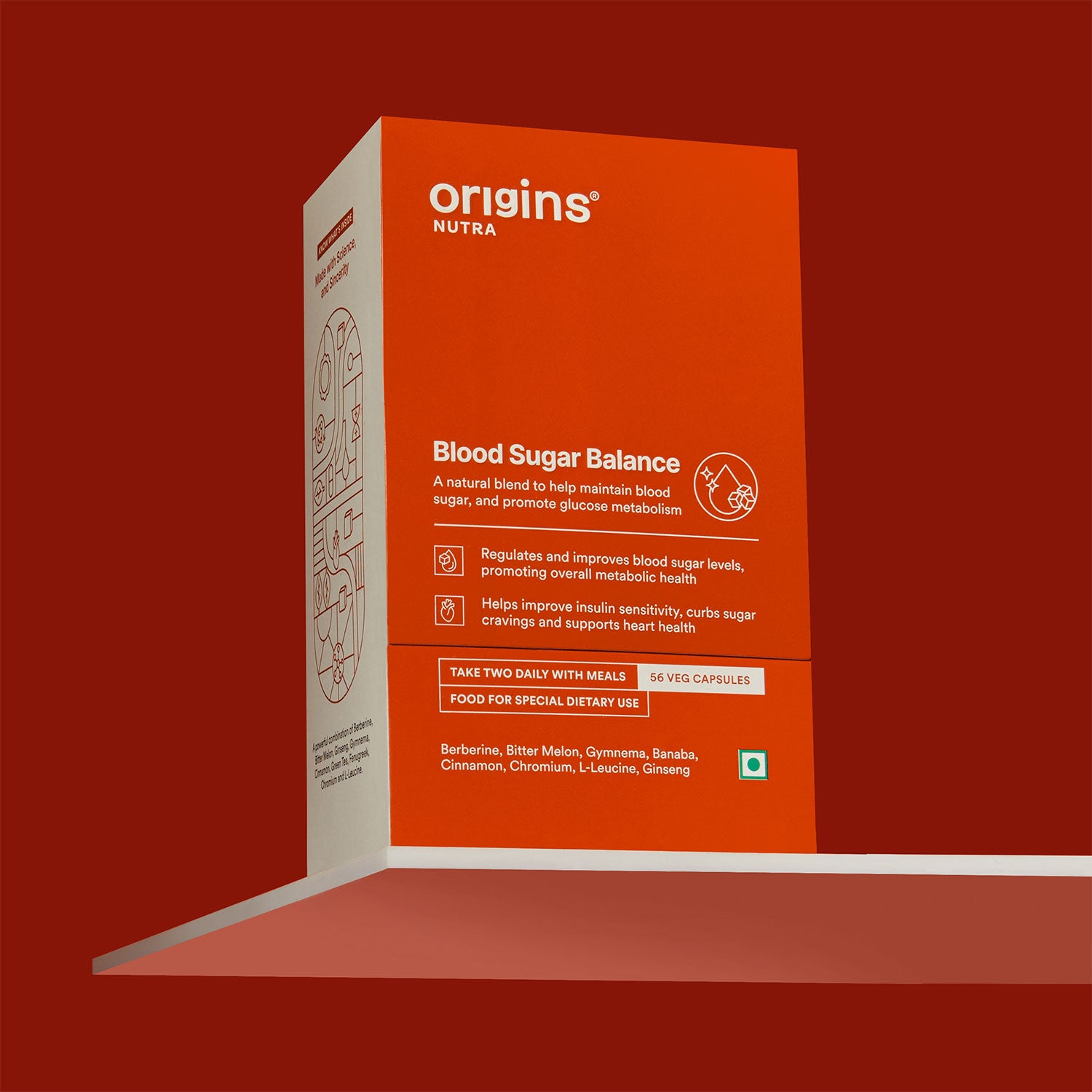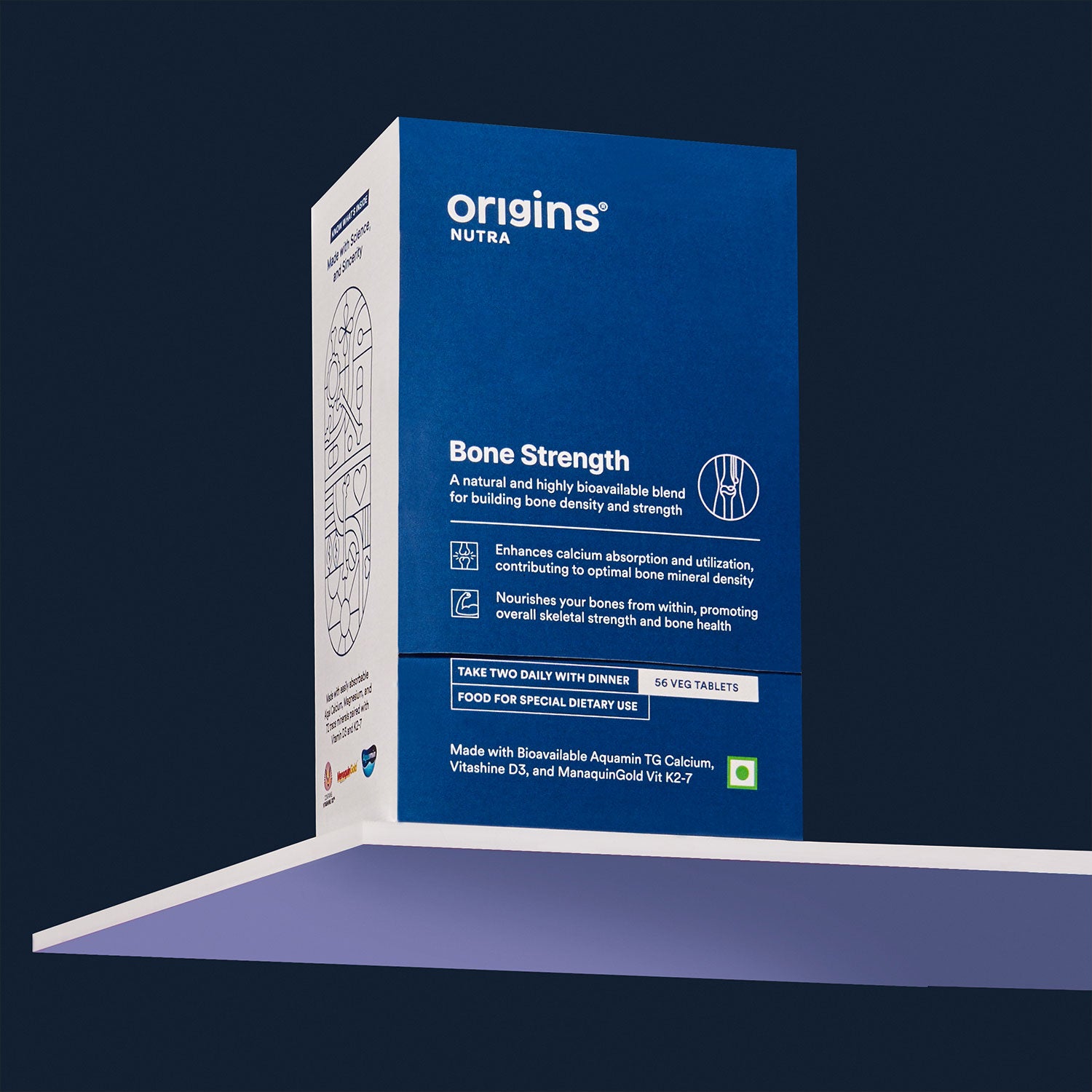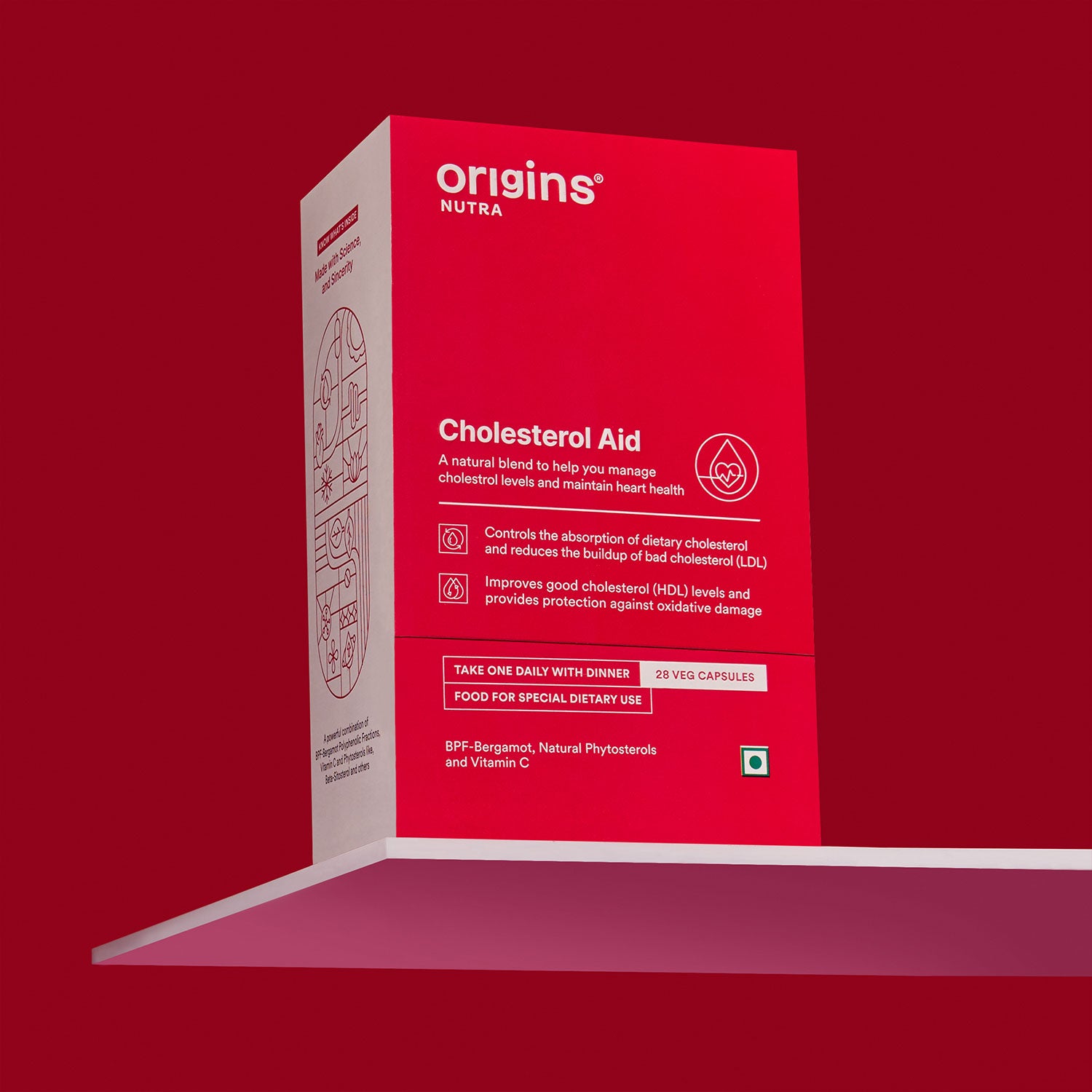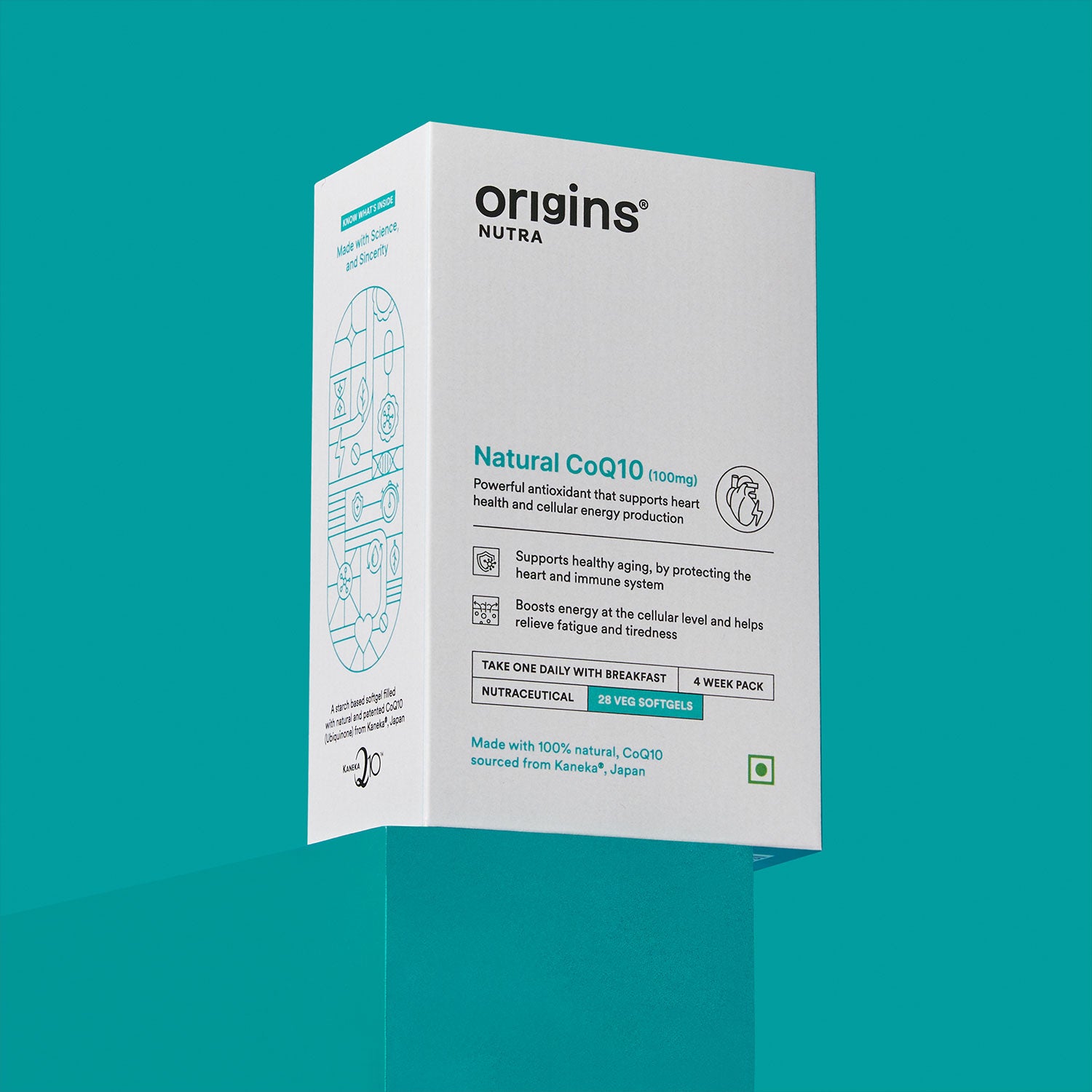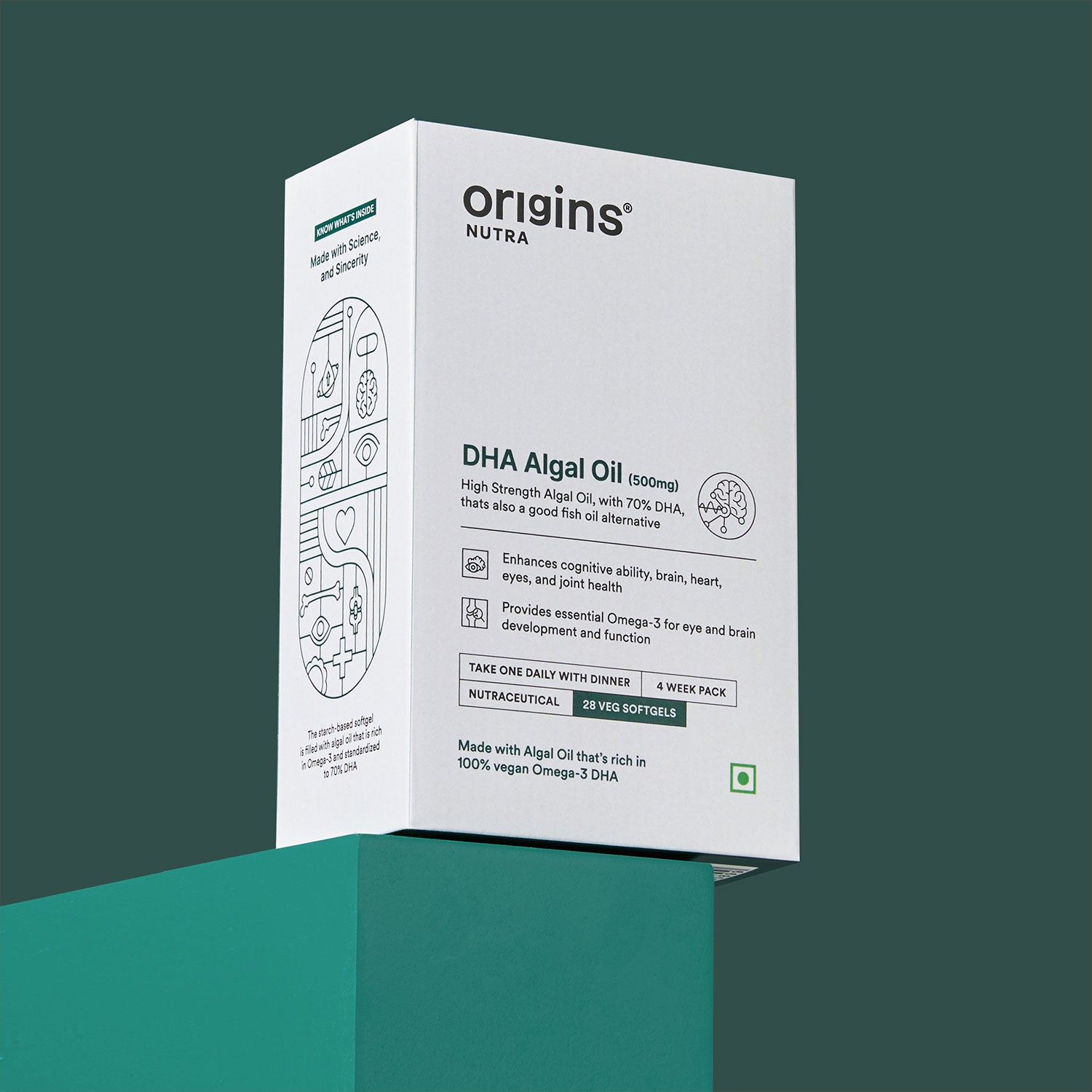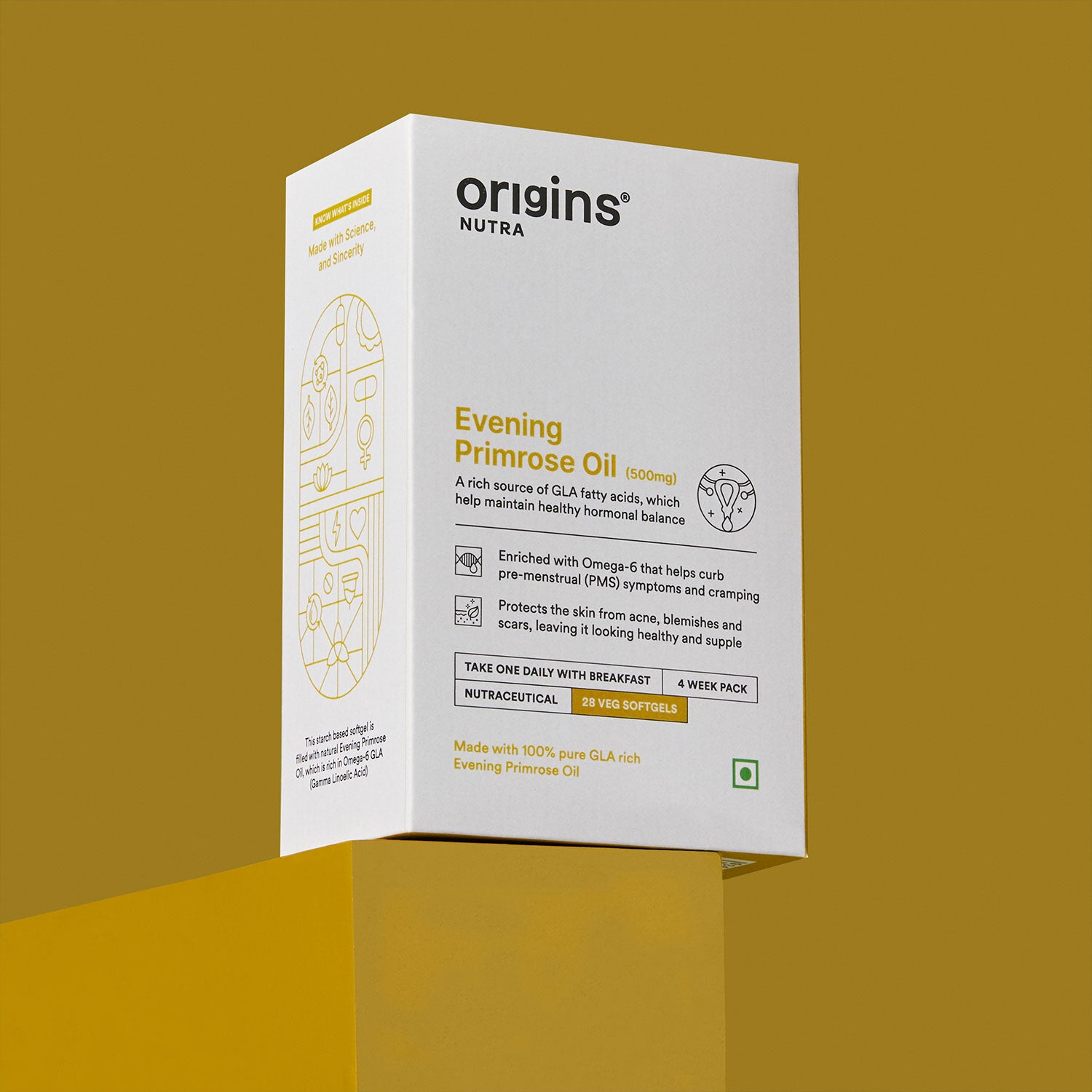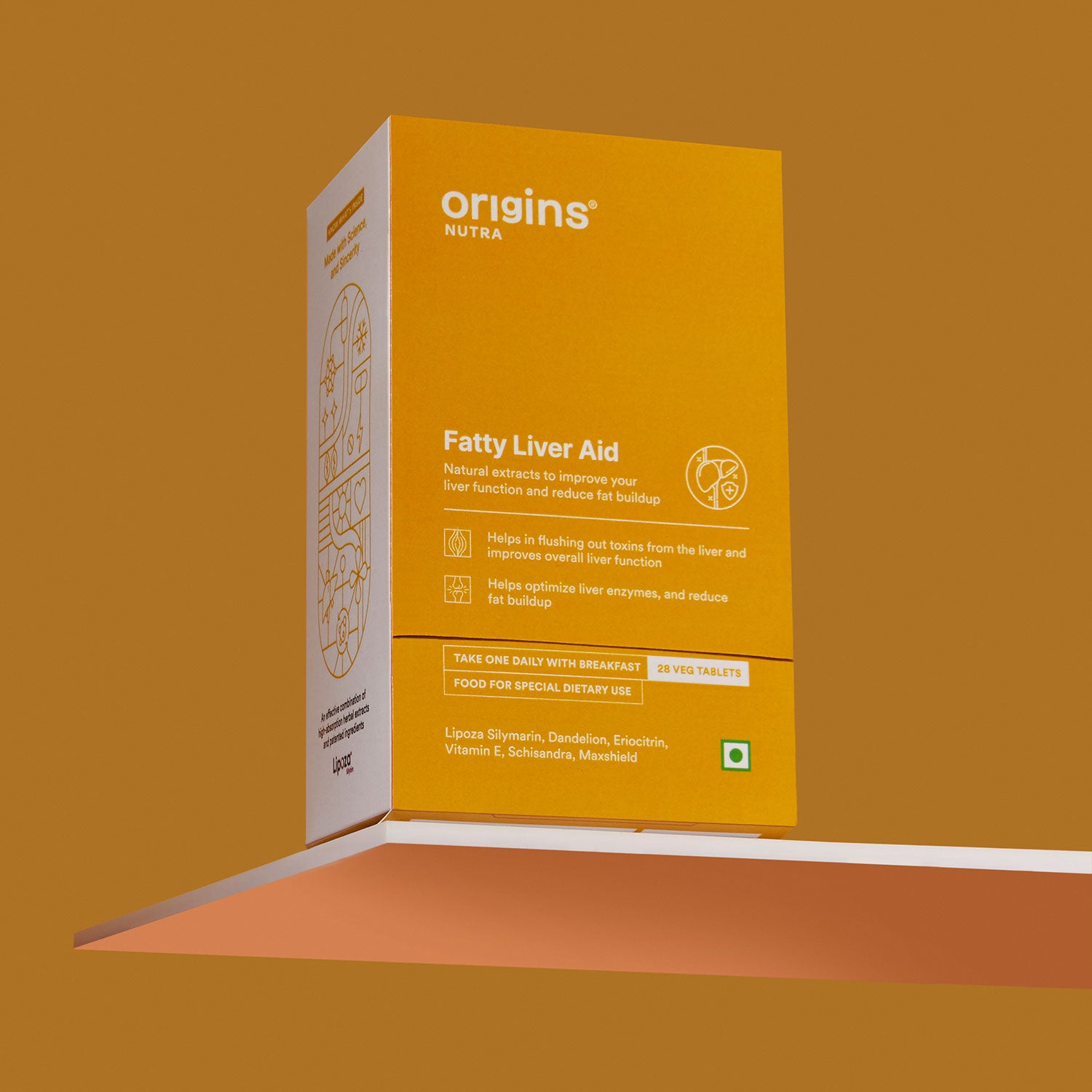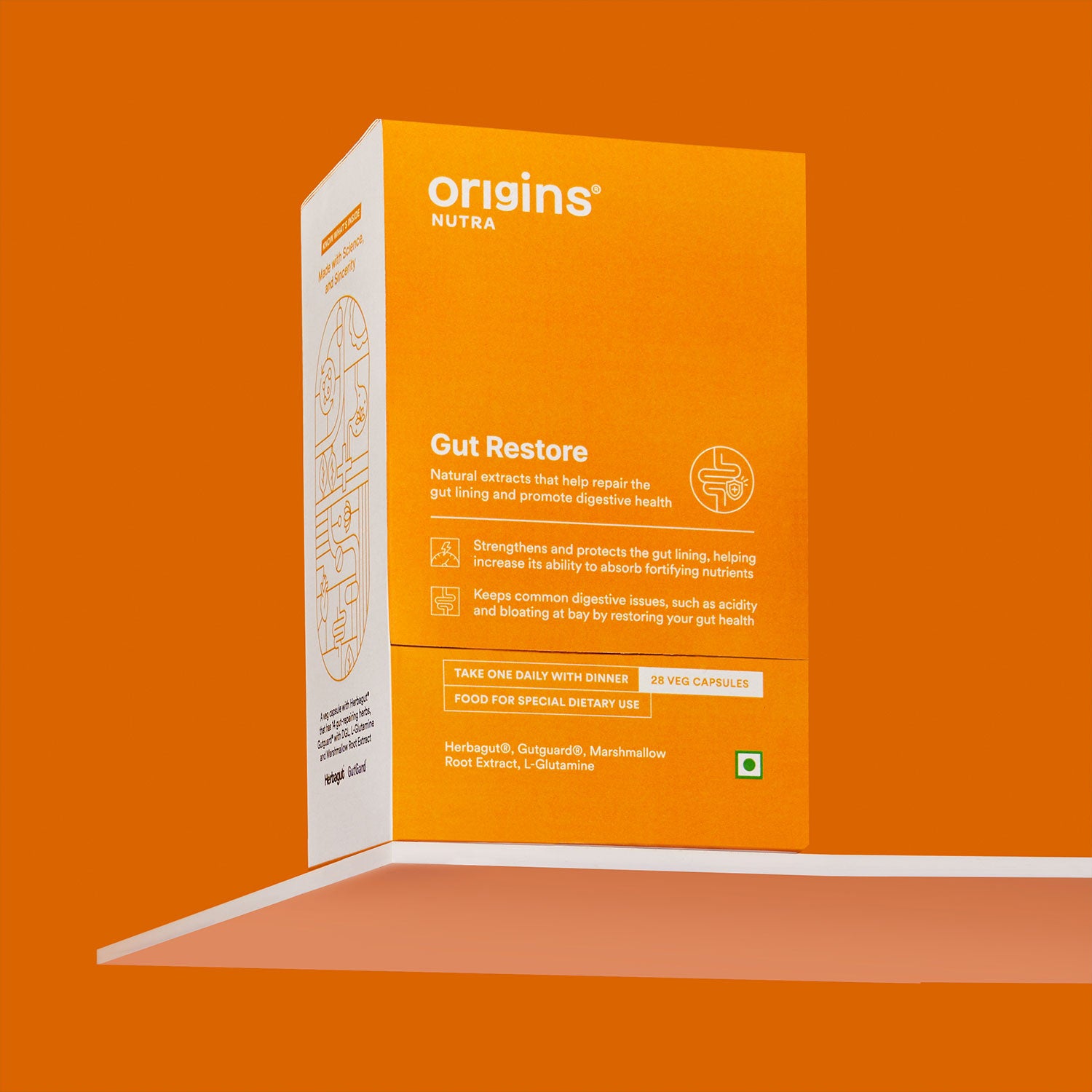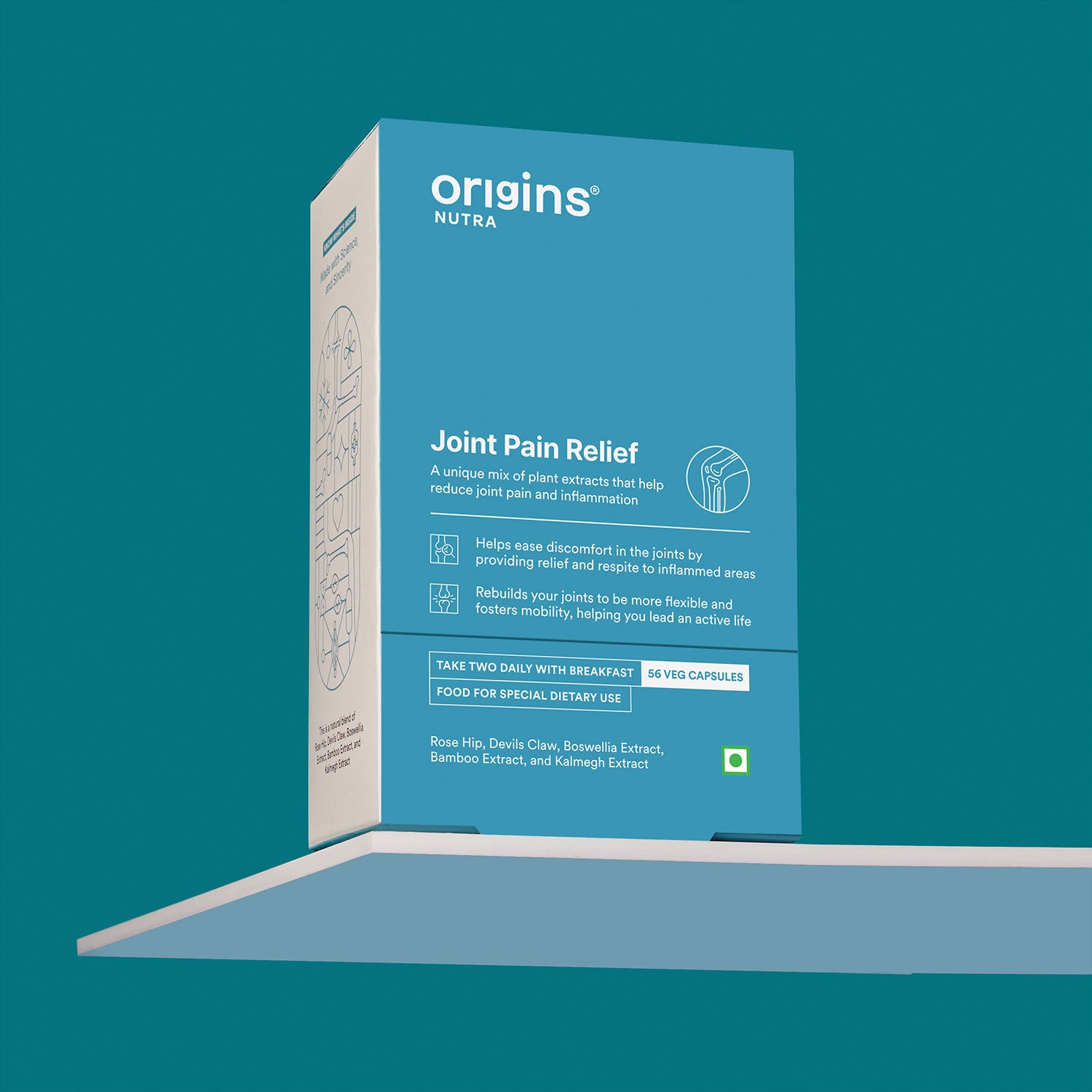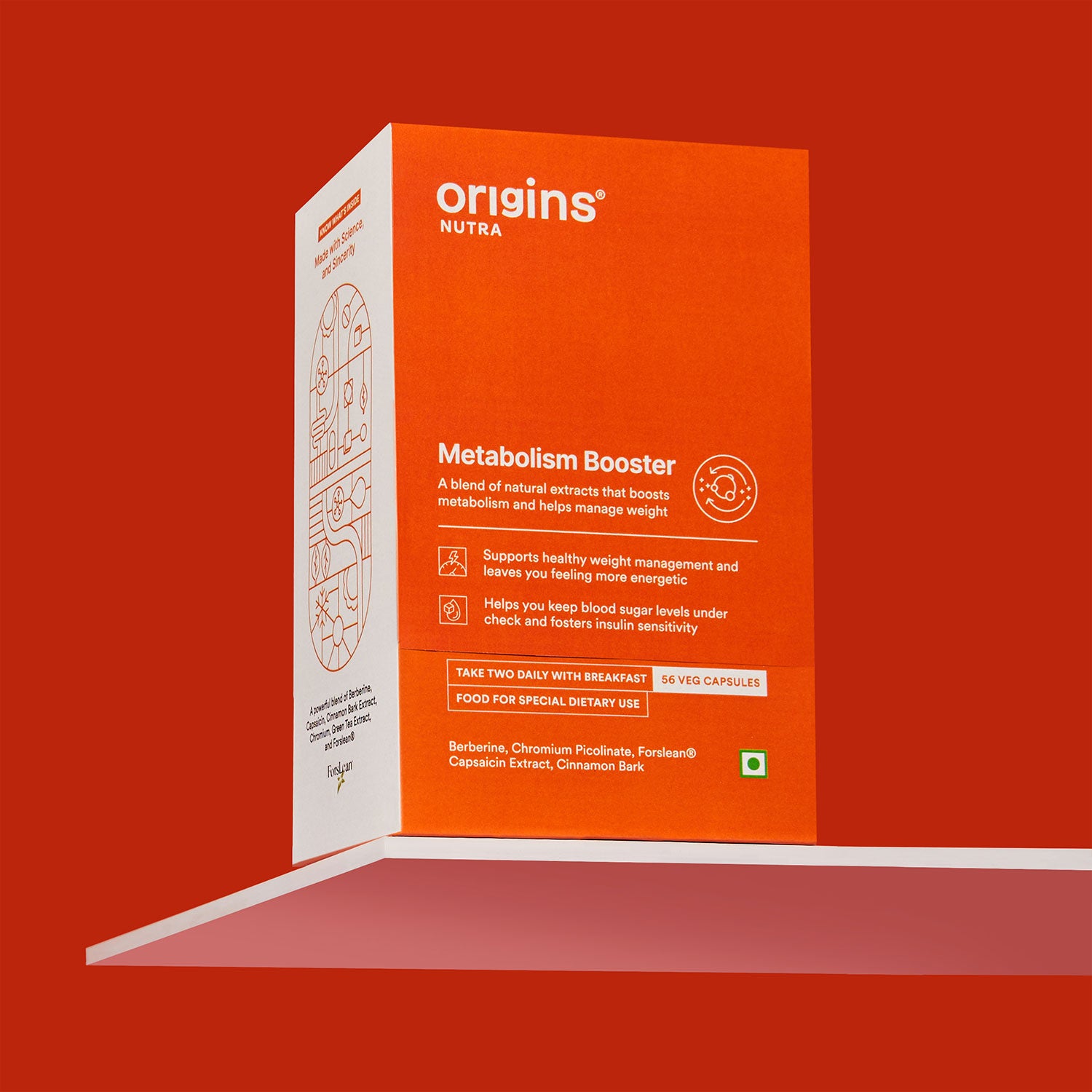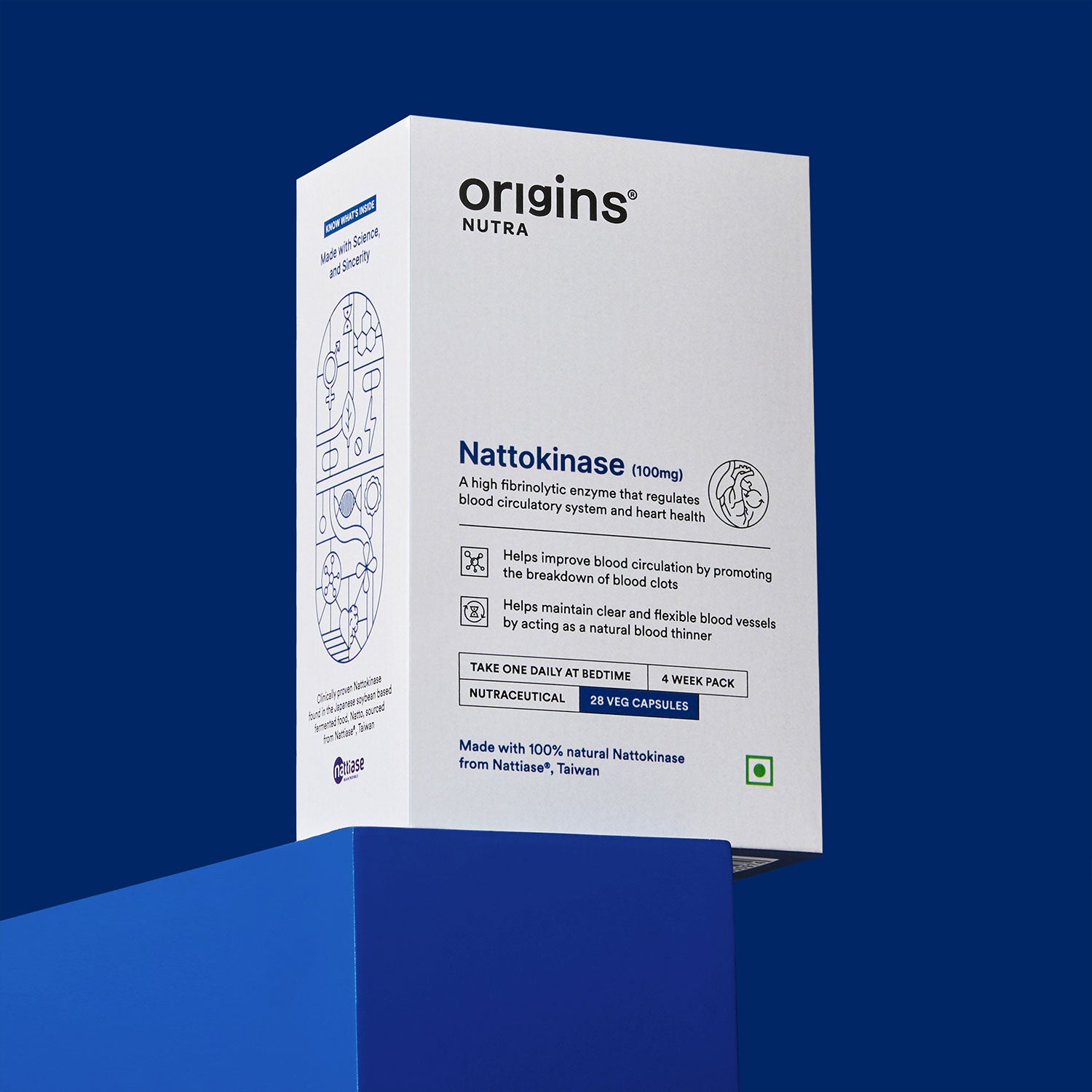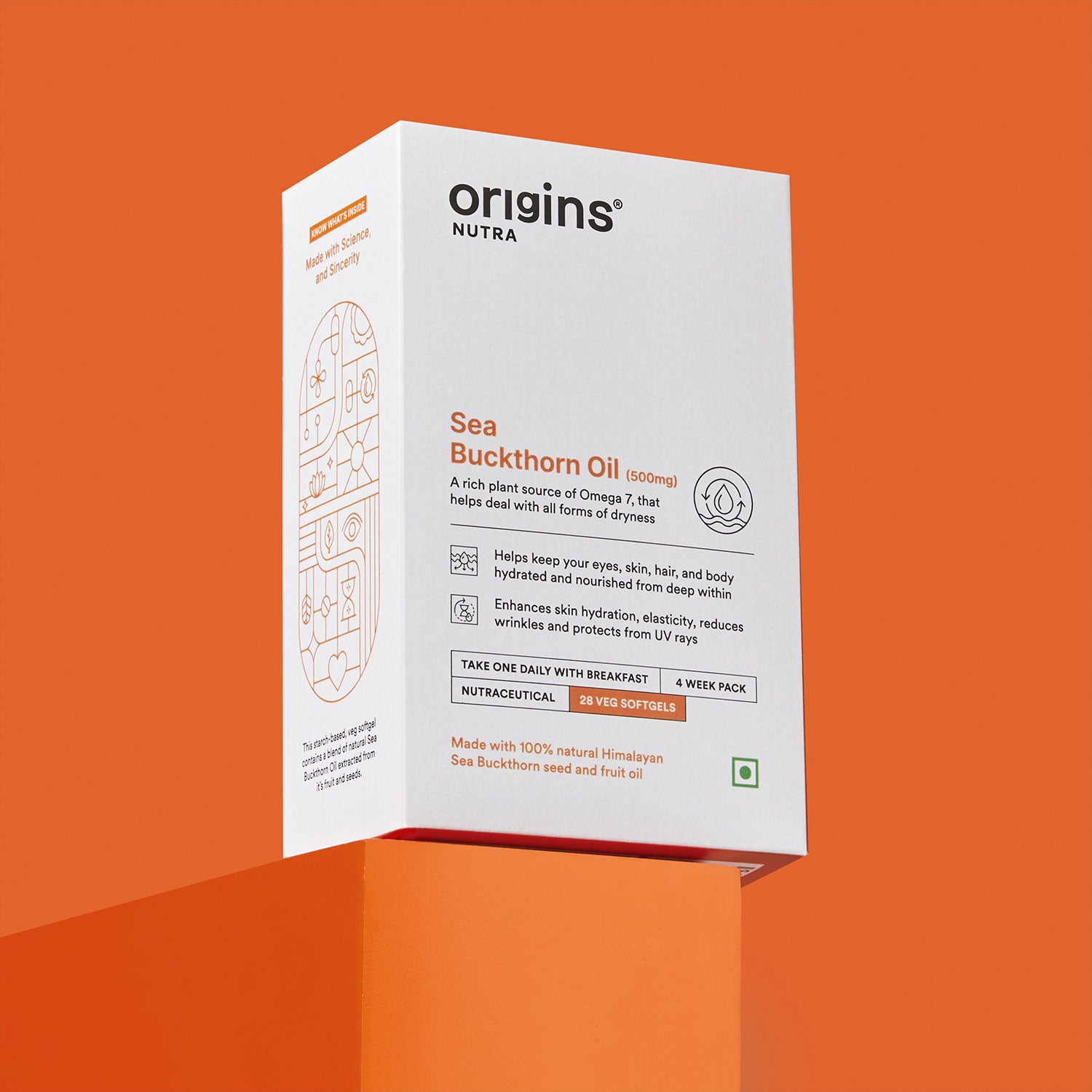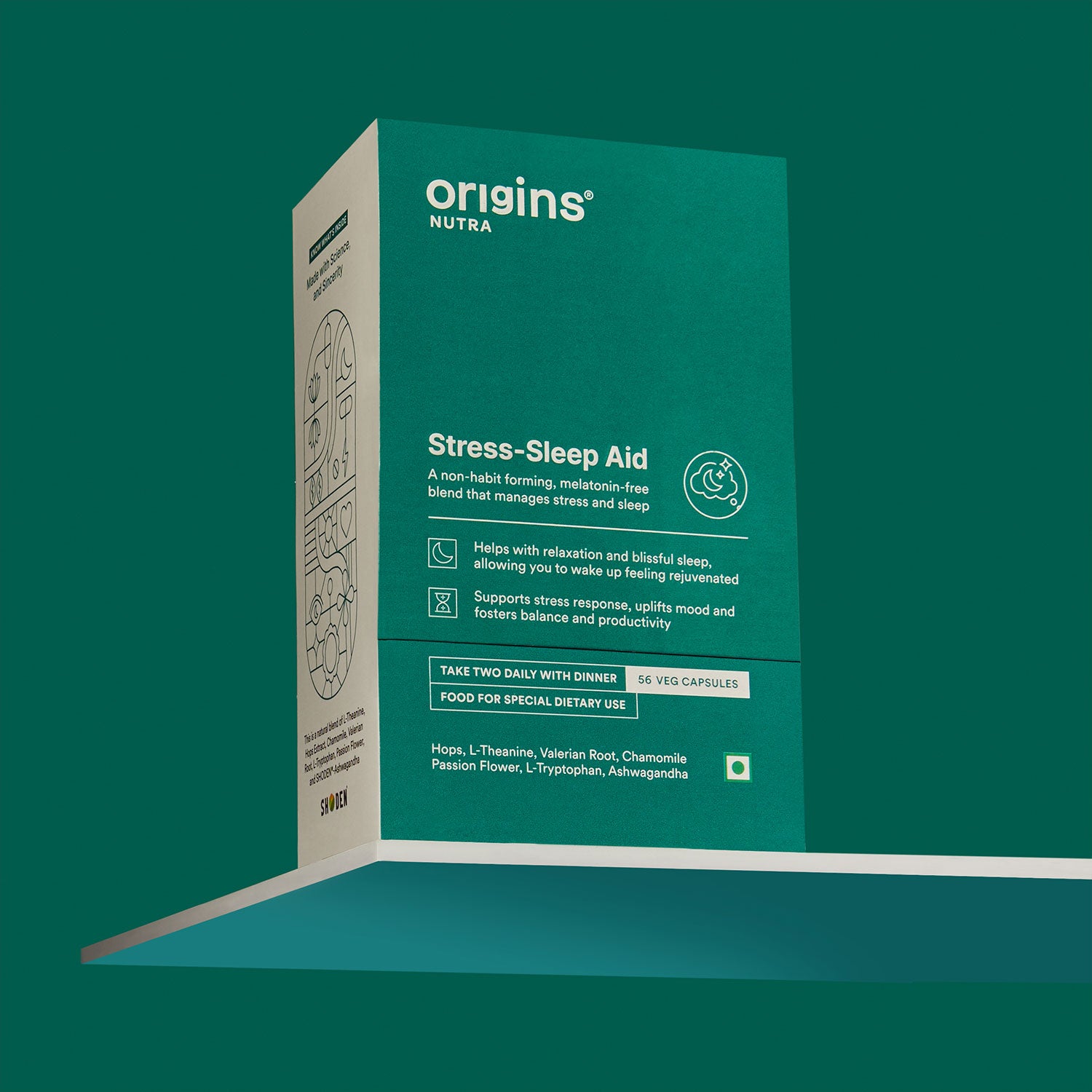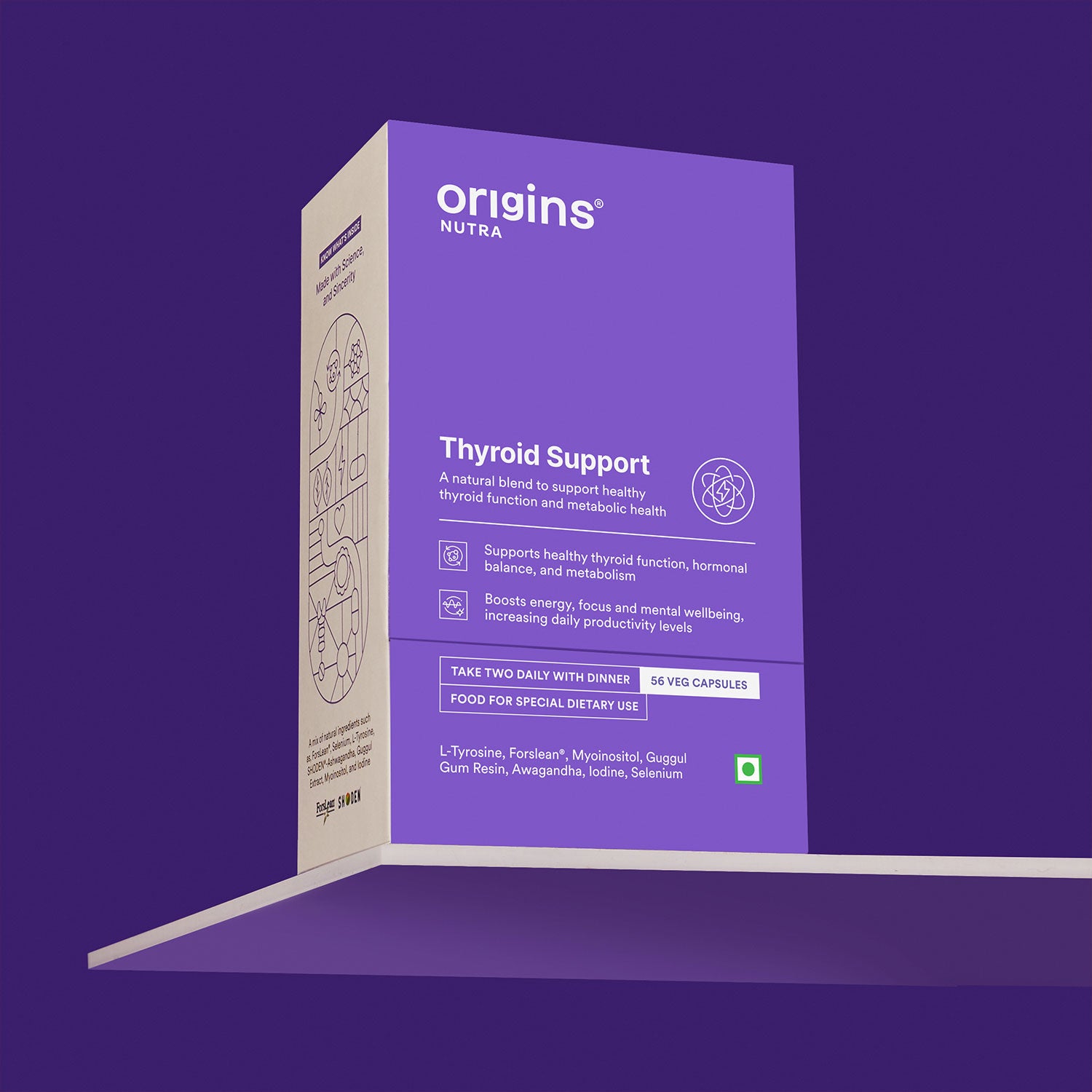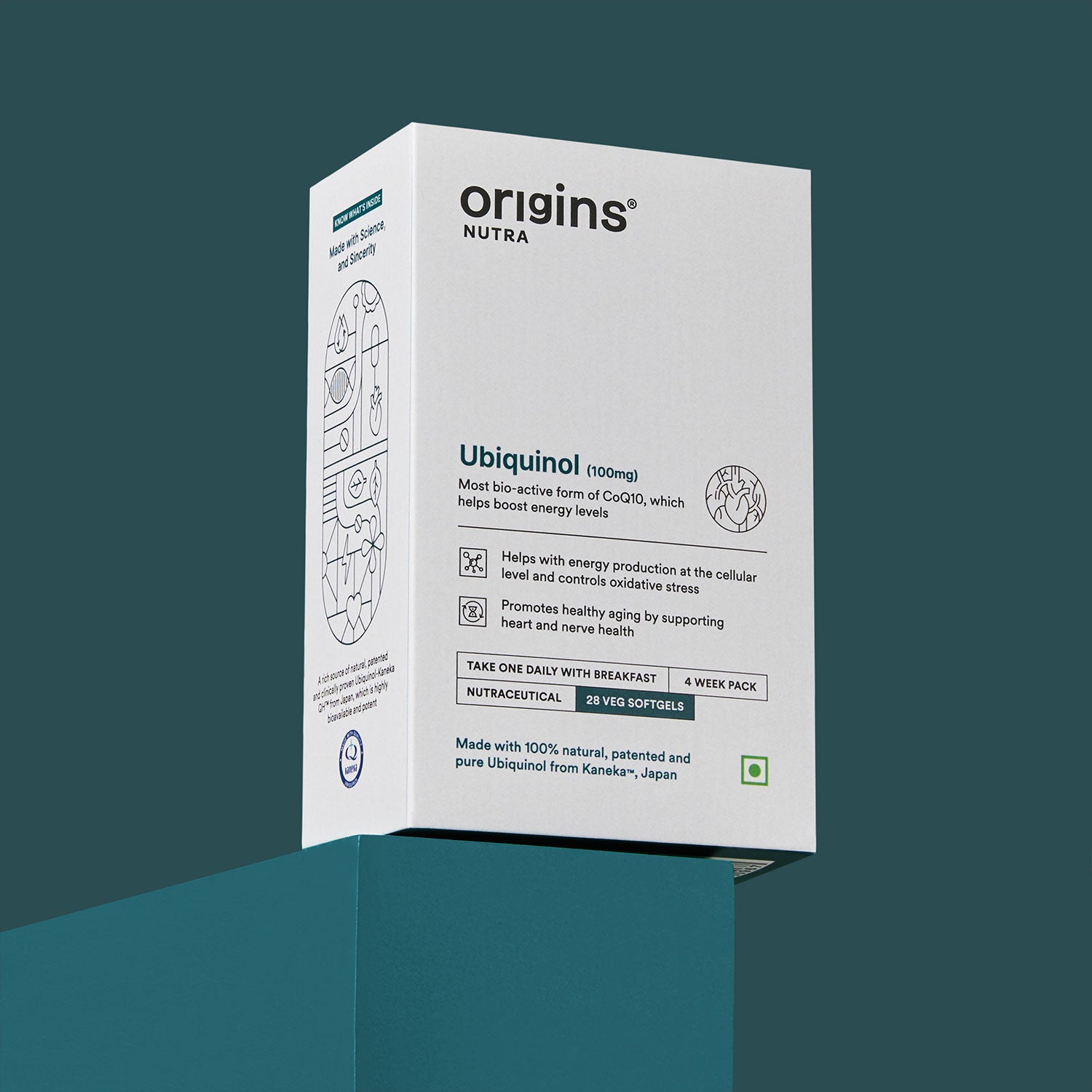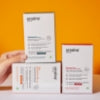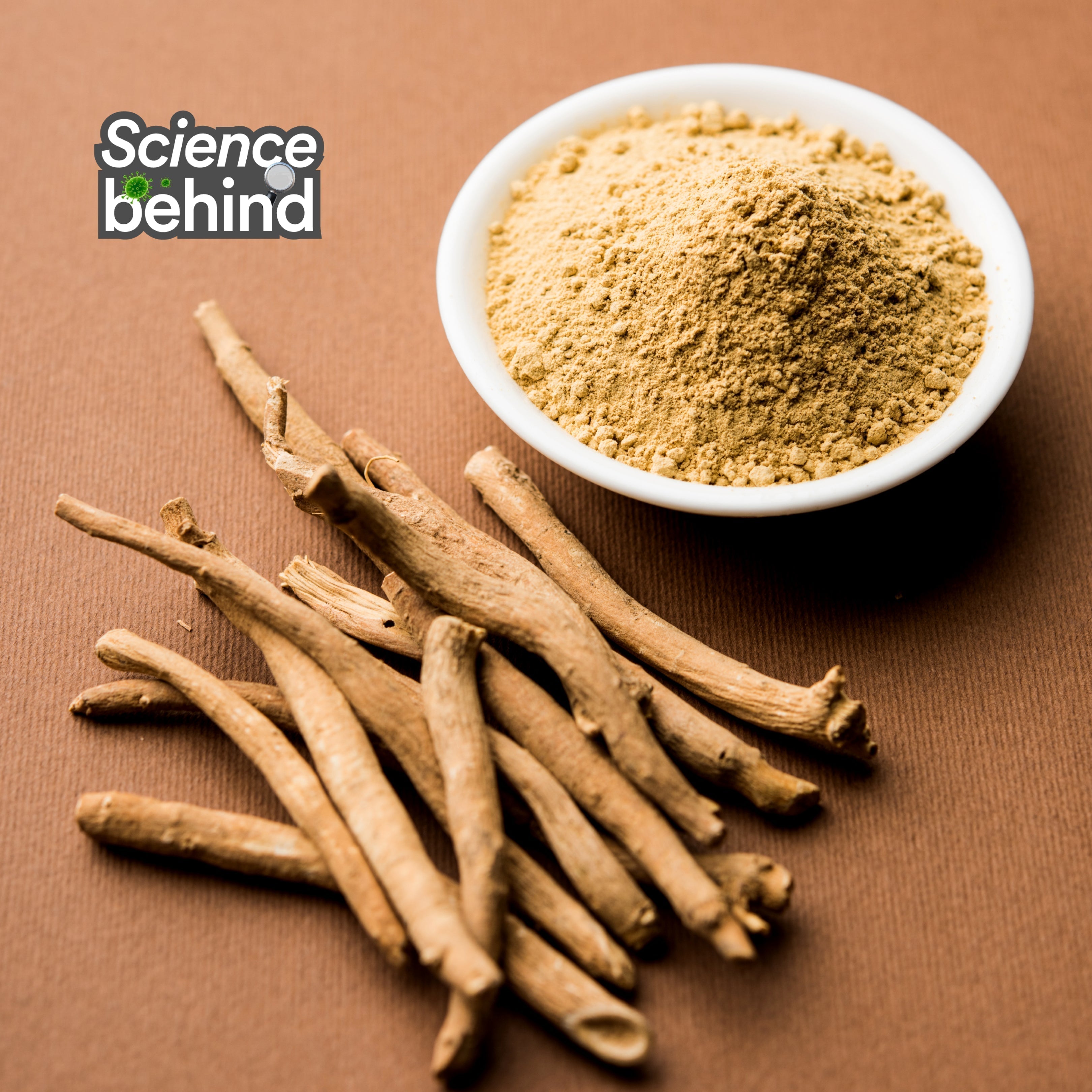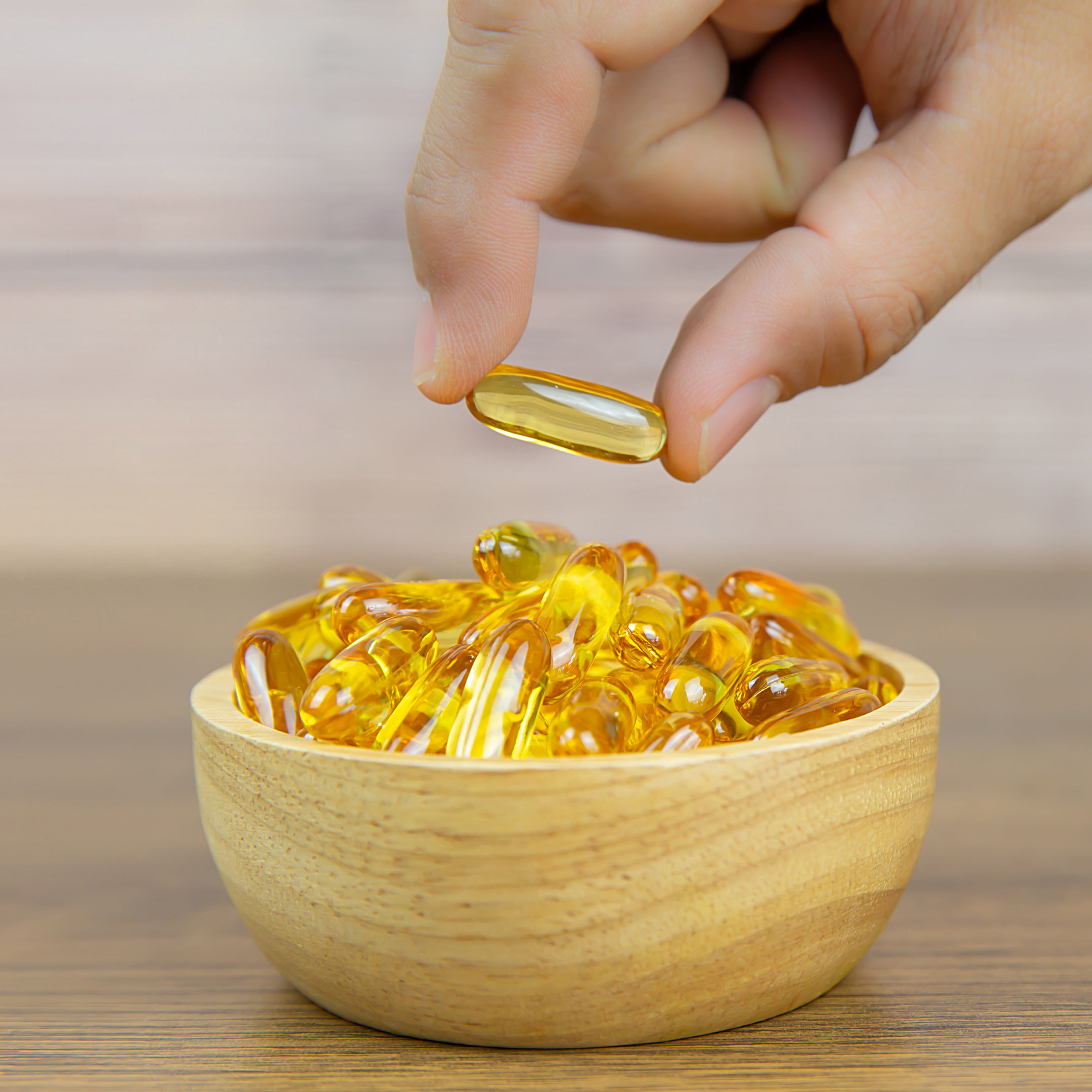Secrets of CoQ10 (100mg): Exploring Its Influence on Health & Wellbeing
What is CoQ10?
CoQ10 (Coenzyme Q10), also referred to as ubiquinone, is a substance natural to the body and essential for life. It is a fat-soluble, vitamin-like molecule necessary for the production of energy therefore found naturally in every cellular membrane in our bodies.

Requirement/ Importance: It can be synthesised in the body, but deficiency has been reported which can be a result of impaired CoQ10 synthesis due to nutritional deficiencies, a genetic defect in CoQ10 synthesis, ageing or increased tissue needs.
Role of CoQ10 in our body:
Mitochondrial function : CoQ10 is an essential component of the mitochondrial electron transport chain and also acts as an antioxidant in cellular membranes and lipoproteins.
Antioxidant : As Coenzyme Q10 is synthesized in the body, it is not considered an essential nutrient but with its antioxidant properties, protects cells from damage caused by free radicals, reducing the risk of chronic diseases.

Why do we need CoQ10?
- Age: CoQ10 is synthesized in all cells in healthy individuals. The levels increase in the first 20 years of life, however, the organism begins to lose its ability to synthesize CoQ10 during ageing, and the coenzyme becomes deficient.

- Nutritional Deficiency: A deficiency can result from an insufficient consumption of foods abundant in CoQ10, including organ meats, fish, and whole grains.
- Medications: Some medications, particularly those prescribed to lower cholesterol like statins inhibits the synthesis, leading to lower levels of CoQ10 in the body.
- Medical Conditions: Medical conditions like mitochondrial disorders, neurodegenerative diseases, and genetic disorders can hinder the body's capacity to produce or utilise CoQ10.
- Digestive Disorders: Medical conditions that affect nutrient absorption in the digestive system can disrupt the assimilation of CoQ10 from food, necessitating the supplementation of this essential compound.
Symptoms of low CoQ10:

Roles of CoQ10 on health:
Recent research has shown that COQ 10 may have a positive impact on several health conditions. It has been studied for its potential benefits in cardiovascular health, increasing fertility in infertile couples, and even helps in anti ageing.
1. Energy production:
At a cellular level, CoQ10 plays a critical role in energy production. It is involved in the production of adenosine triphosphate (ATP), which is the primary source of energy for cells.
The food we consume breaks down into various nutrients, including carbohydrates, fats, and proteins. These nutrients are then converted into ATP in the mitochondria. CoQ10 acts as a cofactor in this process, facilitating the transfer of electrons and ensuring the efficient production of ATP.
When there's not enough COQ10, the process of making energy can be affected, causing lower energy levels and making us feel tired. Taking COQ10 supplements can help support the body's energy production, giving more vitality and stamina.

2. The antioxidant properties of COQ 10:
Oxidative stress is produced by an increased production of reactive oxygen species (ROS) or a decrease in the antioxidant defences, causing damage to all components of the cell, including proteins, lipids, and DNA. Coenzyme Q10 (CoQ10) neutralizes ROS and may decrease or even help to prevent some of the damage they cause.
Supplementation with CoQ10 does not increase tissue levels above normal (except in liver and spleen) in young and healthy individuals, but in older individuals, with decreased CoQ10, supplemental CoQ10 can restore normal levels. Low levels of CoQ10 have been related to the higher oxidative stress during ageing, and in different related diseases. Oral CoQ10 supplementation could be a viable antioxidant strategy in many neurodegenerative disorders, diabetes, cancer, muscular and cardiovascular diseases, where oxidative stress is implicated.

3. CoQ10 and heart health:
Clinical studies indicate that coenzyme Q10 is beneficial in treating heart failure and high blood pressure. CoQ10 deficiency is common in individuals with heart disease. Heart tissue biopsies in patients with various heart diseases show a CoQ10 deficiency in 50% to 75% of cases.
Accordingly, it has shown great promise in the treatment of heart disease and also acts as an excellent antioxidant as oxidative stress can lead to inflammation and damage to the blood vessels, increasing the risk of cardiovascular diseases such as heart attack, coronary artery disease and stroke. By reducing oxidative stress, COQ10 may help lower the risk of these conditions and promote heart health.
Several studies have also suggested that CoQ10 may help lower blood pressure and improve overall heart function. By supporting healthy blood flow and reducing the workload on the heart, COQ10 can contribute to maintaining a healthy cardiovascular system.

4. CoQ10 helps in Fertility:
CoQ10 has been widely used in disease treatment because of its numerous biological functions, particularly its powerful antioxidant effects and recently it has also been discovered to play important roles in the male reproductive system. Studies showed that CoQ10 not only improved sperm parameters, but also reduced testicular oxidative stress and sperm DNA fragmentation in infertile patients which leads to improved sperm count, motility and morphology.
Oral CoQ10 supplementation in PCOS women increased the number of mature follicles and the ovulation rate per cycle. Female genital inflammation including tubal infections, endometritis and vaginitis, can increase the risk of infertility. Oxidative stress is a trigger for inflammation, which can be improved with CoQ10 supplementation.

5. The link between COQ10 and anti-aging:
Premature skin ageing occurs because the skin, as it is always directly exposed to oxidants in the environment. With increasing age, the activity of mitochondria(powerhouse of the cell) in the body decreases. Both these internal and external factors cause skin ageing, wrinkles, fine facial lines, and loss of elasticity.
CoQ10 is synthesised in all cells in healthy individuals. The levels increase in the first 20 years of life, however, the organism begins to lose its ability to synthesise CoQ10 during ageing, and the coenzyme becomes deficient. CoQ10 acts as an external supplement required to repair damaged skin by maintaining skin quality against free radicals.

6. CoQ10 and Parkinson’s disease:
Increased oxidative stress has been seen in neurodegenerative diseases such as Parkinson’s disease (PD), Huntington’s disease (HD), and Alzheimer disease (AD), COQ10 helps to slow down the progression of certain degenerative neurological diseases. These illnesses are often associated with disturbance of mitochondrial function.

7. CoQ10 helps in Migraine:
A migraine is a long-term condition characterised by moderate to intense throbbing headaches, usually on one side. These headaches often come with nausea, vomiting, and sensitivity to light and sound. A lack of cell energy in the brain may be a cause of migraine and CoQ10 is a supplement and has shown preliminary benefits in migraine. Studies have shown a significant effect of CoQ10 supplementation on frequency, severity and duration of migraine attacks.

How to incorporate COQ10 into your daily routine:
- The studies done on CoQ10 in humans have only evaluated it as an oral supplement. There are tablets, capsules, soft gels, and liquid oral supplement formulations available.
- Reduced form of CoQ10, has been approved for the treatment of genetic CoQ10 deficiencies, dietary supplementation often in combination with an antioxidant such as selenium or vitamin C is used.
- Such combinations are presumed to reduce oxidative stress and age-related disorders like cardiovascular diseases and ageing. It is always advisable to talk to a healthcare professional to figure out the right amount as per individual needs.
- Foods rich in CoQ10 include meat, followed by dairy, eggs, and plant-based food sources (oils and legumes).

Safety and Side effects:
- No serious side effects of CoQ10 have been reported. Mild side effects such as insomnia, digestive upsets, decreased appetite, diarrhoea, dizziness, dyspepsia, and nausea/vomiting.
- CoQ10 may interact with the anticoagulant (blood thinner) warfarin and the diabetes drug insulin, and it may not be compatible with some types of cancer treatment.
- No absolute contraindications are known for coenzyme Q10, although reliable information about its use in pregnant or breastfeeding mothers or in young children is not available, so please consult a healthcare professional before consumption.

What brand of CoQ10 we are using - Kaneka:
We exclusively utilise Kaneka Q10, the sole CoQ10 produced in the United States, renowned as the purest and extensively researched CoQ10 ingredient accessible today. Derived through fermentation from yeast, Kaneka Q10 is identical to the naturally occurring CoQ10 in the body. In contrast, numerous CoQ10 ingredients are sourced from bacterial or tobacco derivatives.

